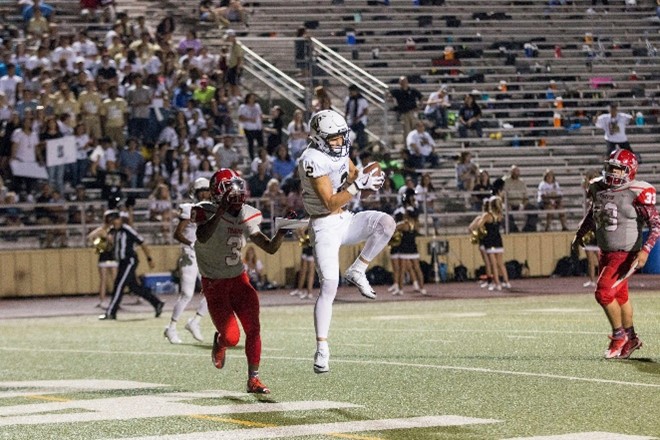
News Editor, Paris Williams reports on the NFL decision to allow Private Equity investments into football teams
The National Football League (NFL) has altered its conservative ownership stance to allow for private equity investments. However, this alteration is only slight.
A New Era
The NFL previously barred private equity ownership within the major sports league. Now, the league will allow franchises (football teams) to sell up to 10% of their ownership to Private Equity firms.
“As sports evolve, we want to make sure our policies reflect that,” explains commissioner of the National Football League, Roger Goodwell.
This appears to be good news for Wall Street investors who can now have a stake in one of the most lucrative sporting industries, albeit to a very limited extent.
An array of private equity firms have been selected to invest into the league. These firms include Ares Management, Arctos Partners, Blackstone and Dynasty Equity, Carlyle Group, CVC Capital Partners and Ludis. These firms have been selected by NFL owners as initial investors.
Arctos made a statement, in which it explained its eagerness in “…contributing to the League’s continued success.”

There appears to be an affinity for sport investments among these investors. Ares have invested in Inter Miami and Chelsea. Arctos has had ownership in the NBA team, Golden State Warriors since 2021, as well as Utah Jazz.
Overall, the NBA seems to be the sporting league that has the most private equity investments, with 20 out 30 teams being owned by private equity firms. The profitable nature of the NBA is attractive, but now the NFL has shifted that attraction to their league, with private equity firms readying to invest.
The NFL has generated attraction due its profitable successes, clear to see in its revenues and licencing deals. The league has two revenue classes, national revenue and local revenue. Recently, the national revenue divided between 32 teams equated to $374.4 million. The local revenue differs for each team, the Packers gained $235.9 million. Television, merchandising and licencing deals have also contributed to the allurement of investors, as well as other profitable influences.
There appears to be an affinity for sport investments among these investors
“NFL teams are profit-making machines, and private equity would want to both share in the short-term year-to-year profits and also the long-term capital gain,” explains Humphreys.
The Impact of the Investments
The shift in direction for the NFL is a significant benefit for Wall Street investors and may help to fund improvements for individual teams. This may lead to enhanced team performance, thus increasing competition overall. As well as leading to the growth of the NFL brand.
Nonetheless, many have their reservations about private equity investments.
Fans have shown concerns about the influence of the Saudi Rabia’s Public Investment Fund (Saudi PIF) in the football league, and the potential to use of the league as a “sportswashing” tactic.

The clause only enables “permitted” private equity firms to have a stake in owning the franchises (which is a safety net), and prevents any sovereign investments. Wealth and pension funds are also barred from having ownership of the franchises. On the surface, this appears to be good. However, fans believe that although sovereign investors, such as Saudi PIF may not be able to invest directly into the franchise, they see indirect investment as theoretically possible.
NFL teams are profit-making machines
Despite concerns, this appears to be a profitable opportunity for the league, with the major private equity firms having assets amounting to $2 trillion. Their commitment to raise $12 billion worth of capital paves the way for the successes of individual teams.
CNBC have calculated the estimated amount of capital for each team to be $500 million, if they were to receive investment.
The NFL’s historic change in direction has welcomed a new era. The American football league is now the last of the major sports leagues to welcome this form of investment.
Fans will now watch closely at the trajectory this may take for their teams and the football industry.

Comments